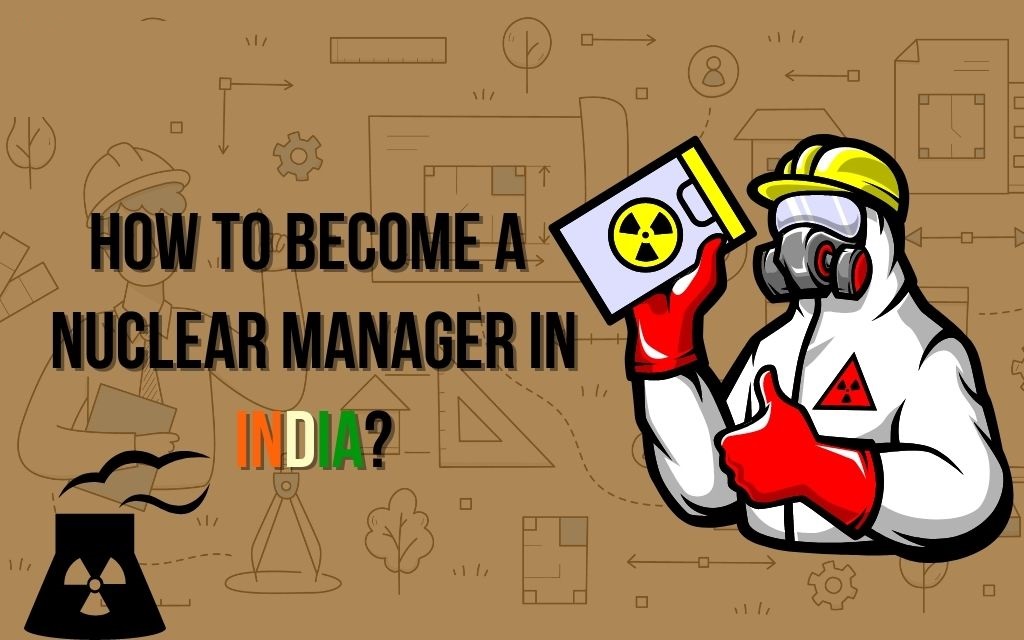What is Nuclear Engineer?

A nuclear engineer is a professional who specializes in the design, development, and operation of nuclear systems and technologies. These systems may include power plants, medical equipment, and research facilities.
The responsibilities of a nuclear engineer may include:
- Designing nuclear systems: Nuclear engineers design systems that use nuclear technology, including power plants, medical equipment, and research facilities.
- Conducting research: They conduct research to improve the efficiency, safety, and cost-effectiveness of nuclear systems and technologies.
- Monitoring and maintaining nuclear systems: Nuclear engineers monitor and maintain nuclear systems to ensure that they operate safely and efficiently.
- Developing safety protocols: They develop safety protocols and procedures to minimize the risks associated with nuclear systems and technologies.
- Analyzing data: Nuclear engineers analyze data from nuclear systems to identify trends and patterns that can be used to improve system performance.
- Collaborating with other professionals: They work closely with other professionals, such as physicists, chemists, and electrical engineers, to develop and operate nuclear systems.
Nuclear engineers work in a variety of industries, including power generation, healthcare, and research. They may work in government agencies, private companies, or academic institutions.
How to Become a Nuclear Engineer?

Becoming a Nuclear Engineer typically requires a combination of education and practical experience. Here are some steps you can take to become a Nuclear Engineer:
Obtain a bachelor’s degree: To become a Nuclear Engineer, you will typically need to have a bachelor’s degree in nuclear engineering, mechanical engineering, or a related field. Many universities offer undergraduate degree programs in nuclear engineering, which provide a strong foundation in the principles of nuclear energy, radiation safety, and reactor design.
Gain practical experience: Practical experience is important in becoming a Nuclear Engineer. You can gain experience through internships, co-op programs, or entry-level positions in the nuclear industry. This will help you to develop technical skills and learn about the practical aspects of working in the field.
Obtain a license: Depending on the specific role and responsibilities, Nuclear Engineers may need to obtain a license from the Nuclear Regulatory Commission (NRC). This typically requires passing a written exam and meeting specific education and experience requirements.
Pursue professional development: To stay current with the latest developments in nuclear engineering, it’s important to pursue professional development opportunities. This may include attending conferences, taking continuing education courses, and staying up-to-date on industry publications.
Consider pursuing advanced degrees: While not always necessary, pursuing a master’s or doctoral degree in nuclear engineering or a related field can help you to specialize in a particular area and open up more advanced career opportunities.
Apply for Nuclear Engineer positions: Look for job openings in your field, tailor your resume and cover letter to showcase your relevant education and experience, and be prepared to showcase your technical skills in an interview.
Job and Salary of an Nuclear Engineer
| Job Title | Job Description | Average Annual Salary (INR) |
| Nuclear Engineer | Design, develop, and maintain nuclear power systems and equipment, ensure compliance with safety regulations and standards, and analyze data to optimize nuclear energy production | 6,00,000 – 20,00,000 |
Nuclear Engineer: FAQs
What education is required to become a nuclear engineer?
A bachelor’s degree in nuclear engineering or a related field is typically required to become a nuclear engineer. Some employers may prefer candidates with a master’s or doctoral degree.
What skills are important for a nuclear engineer to have?
Nuclear engineers should have strong problem-solving skills, analytical skills, and attention to detail. They should also have strong communication skills and be able to work well in a team.
What industries do nuclear engineers typically work in?
Nuclear engineers work in a variety of industries, including power generation, healthcare, and research.
What is the job outlook for nuclear engineers?
According to the U.S. Bureau of Labor Statistics, employment of nuclear engineers is projected to grow 3% from 2020 to 2030, about as fast as the average for all occupations.
What are some of the challenges of being a nuclear engineer?
Nuclear engineers must take safety precautions to protect themselves and others from the risks associated with working with nuclear materials. They may also face challenges related to public perception of nuclear energy and technologies. Additionally, the work can be highly technical and require a lot of attention to detail.


